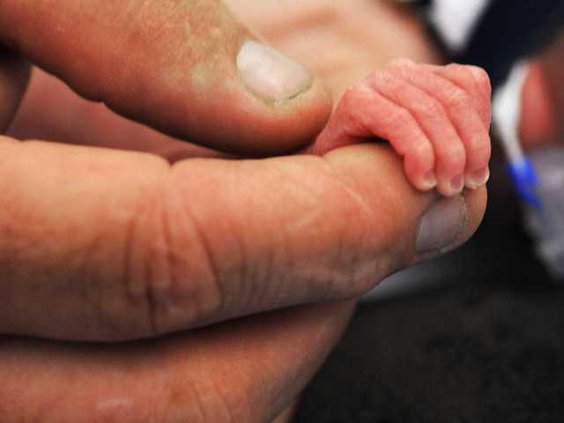Odds have improved that many extremely premature U.S. infants will survive without major problems, although prospects remain poor for the smallest and youngest, born nearly four months too soon, a government-funded study found. The findings suggest that the age of viability barely budged over 20 years: In 1993, just 6 percent of babies in the study born at 22 weeks survived long enough to leave the hospital, versus 9 percent in 2012. Of 1,550 infants born at 22 weeks during the 20-year study just 99 survived until at least hospital discharge, and only 5 of them survived without major complications.
Extreme preemies make survival gains
20-year study cites advances in medicine practices


Sign up for the Herald's free e-newsletter